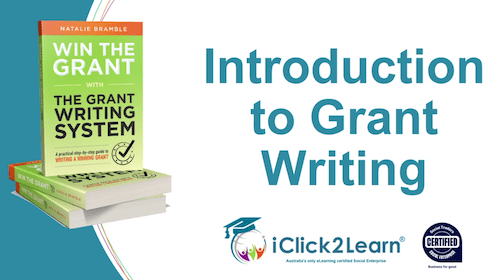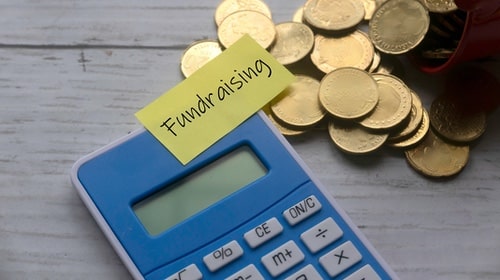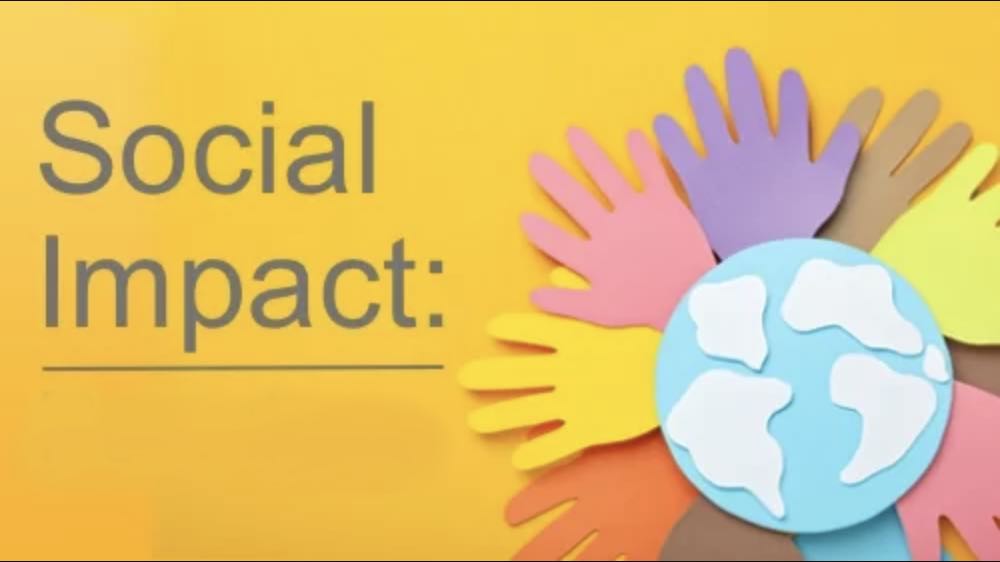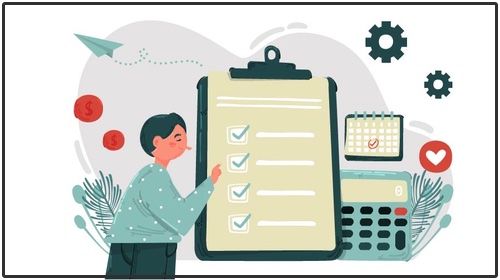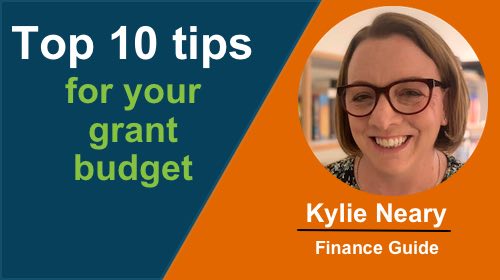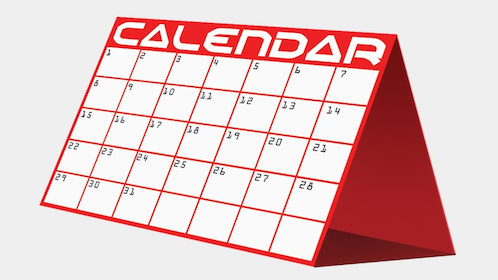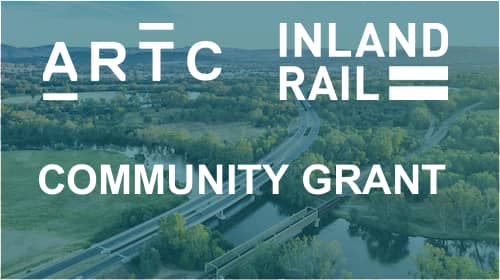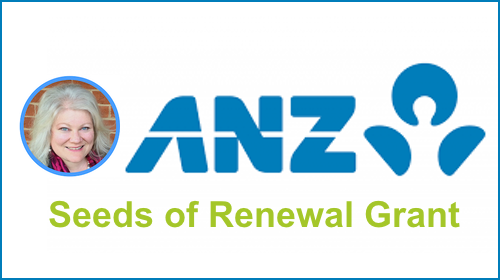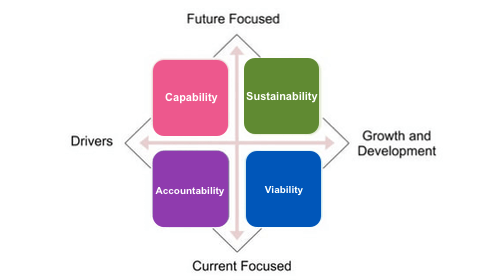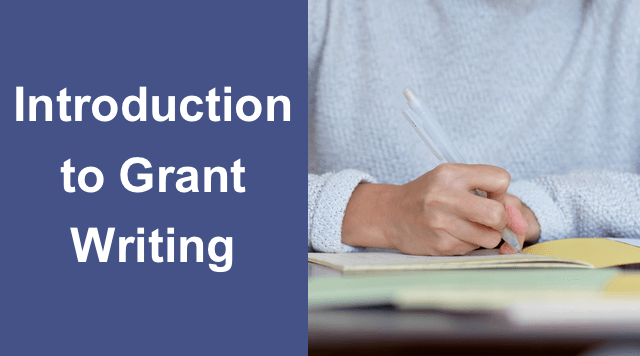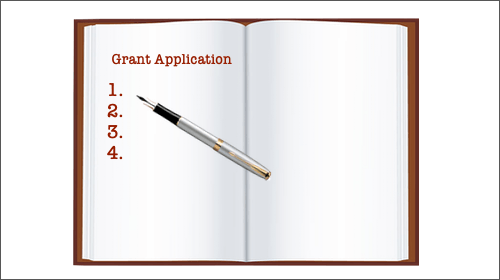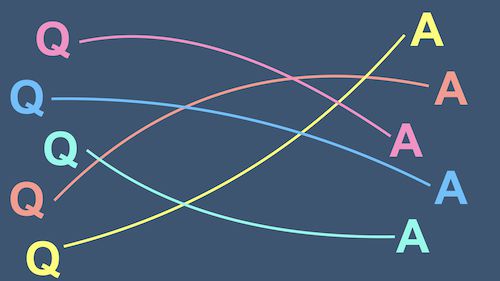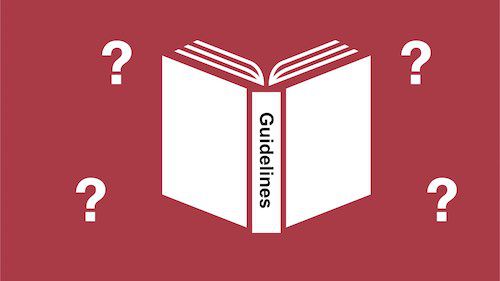Why you Need to Support Your Statements in Your Grant Application
Authored by:
iClick2Learn Team
How to Support Grant Application Questions (P1)
How to Support Grant Application Questions (P2)
How to Support Grant Application Questions (P3)
How to Support Grant Application Questions (P4)
So the third one, we’re talking about is the evidence formula and the evidence formula talks through four different ways that you can consider providing evidence. Now, Australia is very much an evidence-based economy. So you’ve got to make sure that you don’t use throwaway statements, lines or terms that aren’t actually provided with information or statistics or supported in some way. So we’re going to go through four different ways that you can do this.
The very first thing I want to talk about with evidence is relevance. It is so important to make sure that you provide relevant information that is, and when I mean relevant, it directly responds to the question. It’s not providing information that you think makes you look good or sound good.
It is directly appropriate to what the question is asking. The other thing about relevance is that you’ve got to make sure whoever you’re trying to pitch to, whether it’s a grant, tender or an awards submission that this is information that that organisation feels is relevant so don’t try and use information that they don’t believe to be true or a statistic or resource that they don’t believe is true. So make sure you understand their statistics and information as well.
The second point is statistics. Now, we all know that sometimes data can be slightly manipulated, so statistics though do build trust. Stats and facts build trust in an assessor and what you do, as an assessor is reading it, what you’re actually trying to do is to build that trust. So they’re reading the information and you’ve got a stat. That’s good. They’re reading the information and you’re demonstrating a fact so you’re actually building trust in the assessor.
In some cases, you’ll also have to provide the resource or the extract for that statistic. The other key thing for that statistic, I mentioned this in relevance, but I’m going to say it again, is to make sure that the statistics you’re using correlate with what the organisation that you’re pitching to, what they believe to be true. And if they don’t, make sure that you’ve got a very solid foundation for using that information.
So I work with a lot of Aboriginal and Torres Strait Islander groups and the statistics and information, not so much currently, but a few years ago, didn’t quite agree with the ABS stats. So we actually had to use other ways and means like focus groups to demonstrate that that was actually the case. If you believe a stat that a funder thinks is a statistic and you believe it’s wrong, don’t say that it’s wrong. Tell them that this is the evidence you have locally and this is what the evidence tells you. So don’t denigrate their stat but focus on how this is a recent stat relevant to your organisation and your client base.
One of the other things that you can provide is examples, and I did talk about this when I talked about that word demonstrate but examples of really, really valuable ways of expressing in writing how you know your stuff. So if you’re actually talking about, let’s just say it’s delivering a programme, you can actually give an example of a similar programme with a similar footprint. And it needn’t be many words.
Let’s just say three or four. It needn’t be a lot but it certainly strengthens your case. The other thing to think about when you think about examples is case studies. Certainly, if you’re entering an awards submission, there’s a little bit more leniency. So you can actually provide examples of testimonials, screenshots or scans of thank you notes and emails that you might receive. So don’t hesitate, if you can, provide those examples, and remember importantly, they should support what you’re saying, not detract from it.
So what I mean by that is if you’re going to provide an example of an image, let’s just say there’s a question about your marketing. How do you make sure that you market to your target users? And you might want to show a picture of a scene that you used to attract families to use the reserve that you’re trying to get funding for or the reserve that you’re entering into an awards programme. So you’d use an image. But you don’t just throw the image in. Give it a title. Make sure they know how this is relevant and make sure that that’s linked to the content in your response.
Related posts
Introduction to Grant Writing [Course]
Introduction to Grant Writing [Course]
Developing a Fundraising Plan
Create a Sponsorship Plan
Social Impact
Developing a Funding Ready Project
Approving Your Budget
Top 10 tips for your grant budget
3 Ways to Find Grants Funds
Develop Your Grants Calendar
How to win a Inland Rail Community Grant
ANZ Seeds of Renewal Grant Writing 2021
How to apply for a Supplementary Volunteer Grant [Webinar]
5 Step Formula To A Winning Submission [Course]
Four Abilities for Grants
Introduction to Grant Writing
How to Write a Competitive Grant Application and Stand out From the Crowd
How to Structure your Grant Application Response
How to Answer Grant Application Questions
How to Understand Grant Guidelines!
- Tags | Applications, Grants and Tenders, Writing


